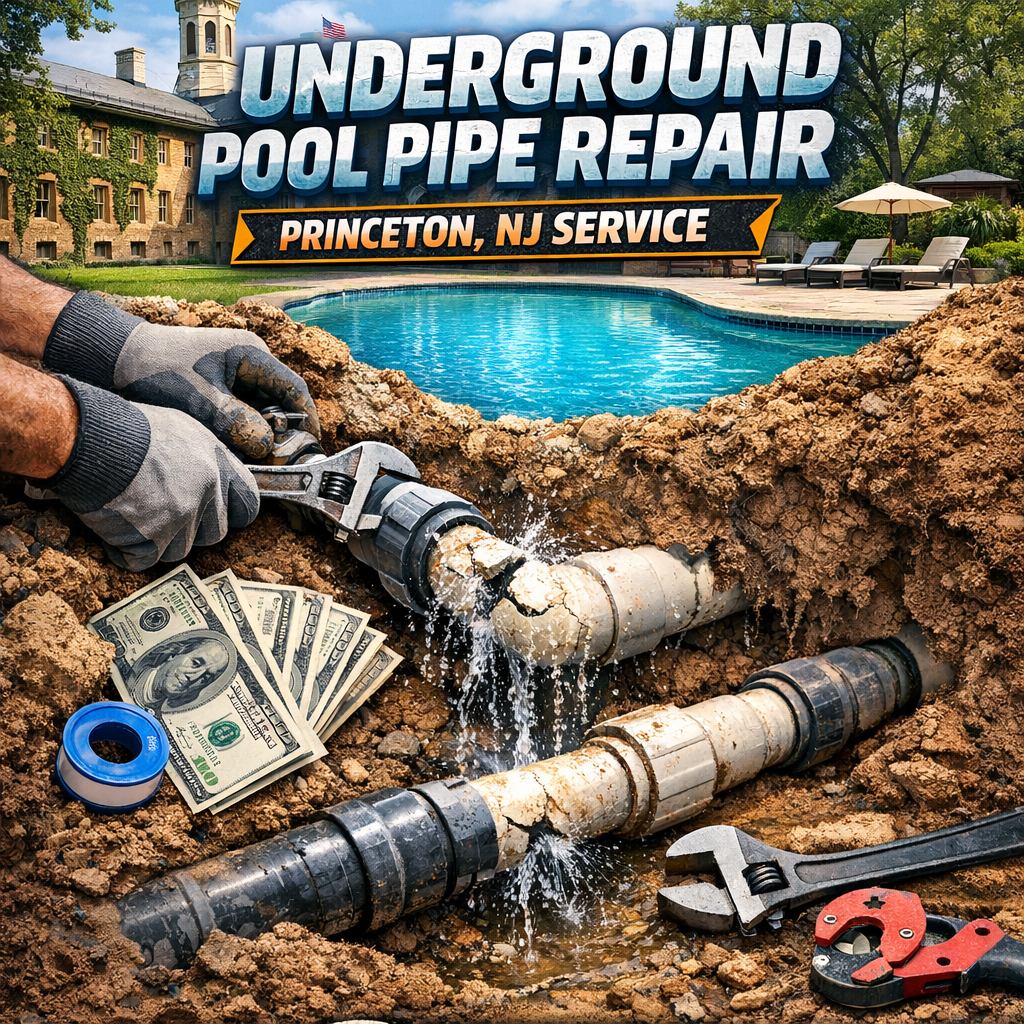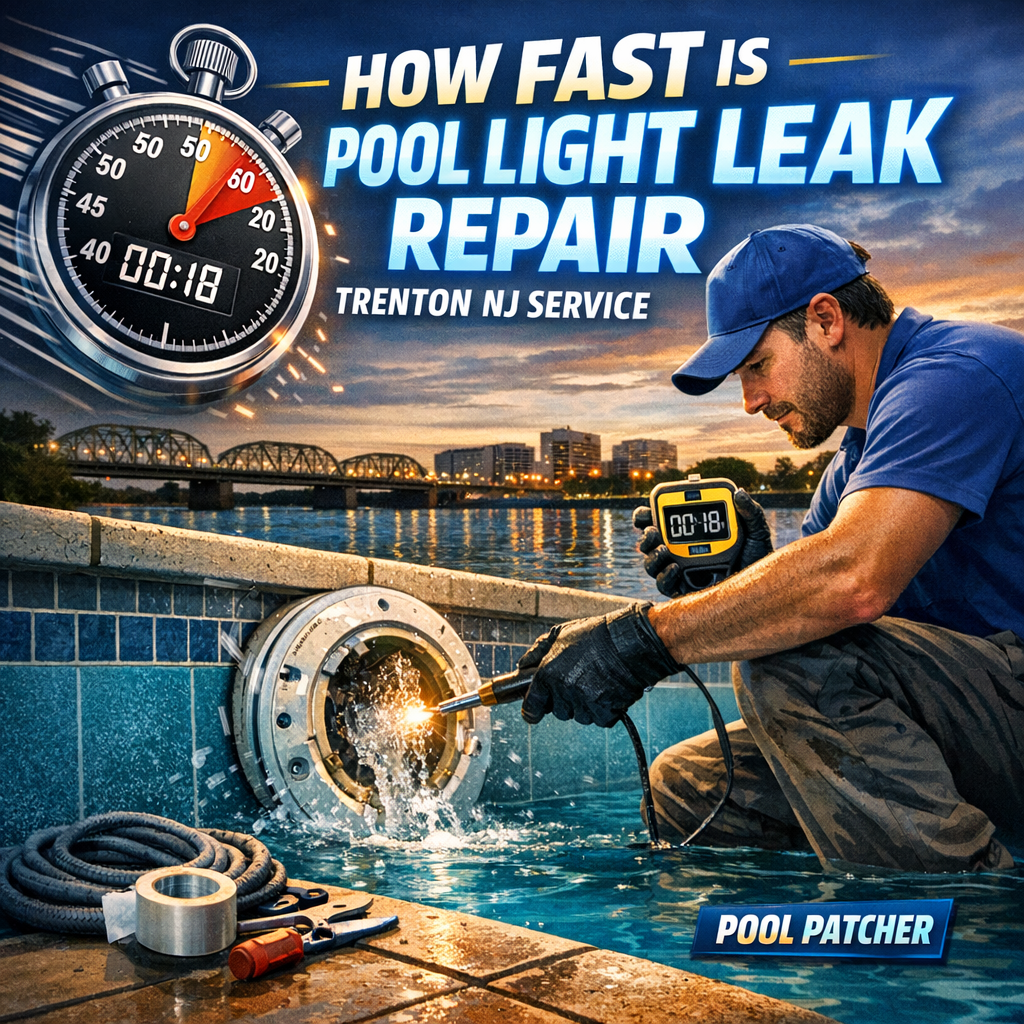Wall Township, a community known for its recreational amenities, has seen a notable number of pool installations that encounter under-concrete pipe failures over time. These failures can lead to costly repairs, safety concerns, and disruptions to community activities. Understanding the underlying causes of these issues is essential for homeowners, contractors, and municipal authorities aiming to enhance the longevity and safety of their pool infrastructure. By examining common failure causes, soil influences, and preventative strategies, stakeholders can better address and mitigate these challenges effectively.
Common Causes of Under-Concrete Pipe Failures in Wall Township Pools
One of the primary causes of under-concrete pipe failures in Wall Township pools is improper installation practices. Inadequate bedding, insufficient compaction, or incorrect pipe alignment can place undue stress on the pipes, leading to cracks or breakage over time. Additionally, the use of substandard or incompatible materials can accelerate deterioration, especially when pipes are exposed to chemical exposure from pool water or environmental factors. Mechanical stress from ground movement, such as soil settling or minor seismic activity, can also contribute to pipe failure. Over time, these stresses cause fatigue and eventual failure, compromising the pool’s structural integrity and necessitating costly repairs.
Impact of Soil Conditions on Pipe Durability Under Pools
Soil conditions in Wall Township play a significant role in the longevity of under-concrete pipes. Variations in soil composition, moisture content, and drainage capacity can exert uneven pressure on underground piping systems. For instance, expansive clay soils tend to swell when wet and shrink when dry, exerting cyclical pressure on pipes that can cause cracking or displacement. Conversely, poorly drained soils can lead to water accumulation around pipes, increasing corrosion risk and weakening the pipe material. Fluctuations in soil moisture and movement can create shifting stresses that accelerate pipe deterioration, ultimately leading to failures that compromise the pool’s foundation and safety.
Preventative Measures to Reduce Pipe Failure Risks in Wall Township Pool Installations
To minimize the risk of under-concrete pipe failures, proactive preventative measures are essential. Proper site assessment and soil testing before installation can identify potential problem areas and inform appropriate foundation and drainage solutions. Using high-quality, durable pipe materials designed to withstand chemical exposure and soil stresses enhances longevity. Implementing adequate bedding and backfilling techniques ensures even load distribution and reduces stress points. Additionally, installing effective drainage systems around the pool area helps control soil moisture levels, preventing swelling or shrinking that could damage pipes. Regular inspections and maintenance further assist in early detection of issues, allowing for timely repairs before significant failure occurs.
Understanding the complex interplay between installation practices, soil conditions, and material durability is crucial in preventing under-concrete pipe failures in Wall Township pools. By adopting comprehensive preventative strategies and ensuring proper construction techniques, communities and homeowners can extend the lifespan of their pool infrastructure, ensuring safety, reliability, and continued enjoyment for years to come.






